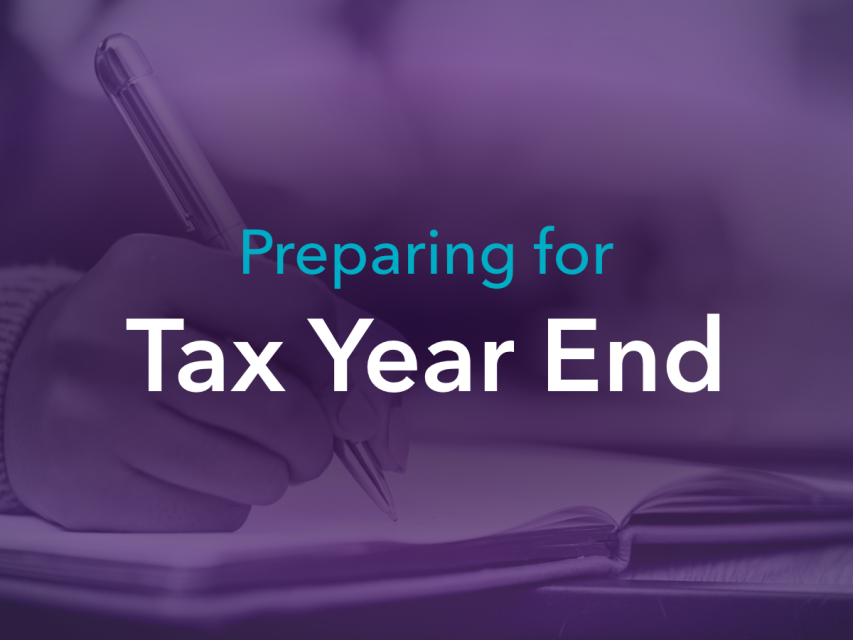Preparing your finances for retirement
Retirement is a significant milestone in life, marking the end of a long career journey. It also signals the transition from decades of work to a period of relaxation, hobbies and pursuits, and hopefully, financial security.
It’s never too early to start planning for life after work – but the sooner you begin, the better.
From figuring out whether you’ve saved enough to thinking about your lifestyle in retirement, here are some things to consider.
The importance of planning for retirement
Let’s take a look at why you should prepare. First and foremost, retirement planning can help ensure financial security and peace of mind during your later years.
A well-structured retirement plan offers an opportunity to have the lifestyle you want, cover any unexpected expenses and leave the legacy you’ve built for loved ones, as per your wishes.
There are many positives for planning ahead for retirement, and it can provide peace of mind knowing you’ll be in a position to enjoy your hard-earned rewards and free time.
How much income will you need?
Life expectancy in England and Wales has generally been increasing over the last 40 years, aided by advances in health care and improvements in living and working conditions.
In the UK, life expectancy at birth is currently around 78.8 years for males and 82.8 years for females. The Office for National Statistics says the latest figures show a continued trend of longer life expectancy for men and women.
This in turn brings an increase in the amount of time we’ll need to fund our lives in retirement, including long-term care when we’re older.
According to research by the Pensions and Lifetime Savings Association (PLSA),
77% of savers don’t know how much they’ll need in retirement and only 16% of savers can give a figure.
It is estimated that a single person would require £14,400 a year for a minimum standard of living, £31,300 a year for moderate and £43,100 a year for a comfortable lifestyle with more financial freedom and some luxuries.
Assess your income options ahead of retirement
You can pay into as many pension schemes as you want during your life, depending on how much money you can set aside while making sure you stick to your annual allowance.
Workplace Pensions
Workplace Pensions are arranged by your employer. Usually both you and your employer pay into it and what you receive depends on the type of scheme your employer offers.
Your employer will make contributions to your pension providing you meet the criteria. The minimum contribution is currently 8%, usually made up of 5% of your eligible earnings and 3% paid by your employer. You can typically claim money from your Workplace Pension after 55, which is rising to 57 in April 2028.
Your Workplace Pension pot is completely separate from the State Pension, and a good way to top up your retirement income.
The Workplace Pension participation rate in the UK was at 79% (22.6 million employees) in April 2021
Check your State Pension forecast
The State Pension is a vital component of retirement income for many in the UK. As of the latest updates, the full new State Pension is £230.25 per week for the 2025/26 tax year, although the exact amount depends on your National Insurance contributions over your working life.
The State Pension age is currently 66 for both men and women, but it is set to increase in the future. Understanding your entitlement is crucial for retirement planning.
You can check your State Pension forecast online to see how much you are likely to receive and when you can start claiming it.
Personal or Stakeholder Pension
You may also have a Personal Pension to save extra money for later in life or if you’re self-employed and do not have a Workplace Pension.
You’re able to choose the pension provider and can often decide how much and how often to pay in. If you pay into a pension, the government usually adds tax relief. Tax relief boosts your pension pot with contributions from the government on top of your own, based on the tax you would have paid on the income.
You can get tax relief on private pension contributions worth up to 100% of your annual earnings (up to a maximum of £60,000). Depending on the type of pension scheme you’re in, and the rate of income tax you pay, you’ll either get the tax relief automatically, or you’ll have to claim it yourself.
Maximising pension contributions
If you’d like to start paying more towards your future, there are a few things you could consider. You may start off by contributing what you can afford towards your pension savings, and if your situation changes you can add more. If you get a pay rise for example, it could be worth adding some extra funds into your pension.
There’s also the option to make a one off payment to your pension, for example if you receive a work bonus. Even small increases in your monthly pension contributions can make a big difference over the years. A good strategy is to review your contributions annually, especially after a pay rise or a change in financial circumstances.
It’s also worth noting that if you are a company director of your own limited company, you can contribute to your director’s pension both from your firm as an employer contributions and from your income as an individual.
Other sources of income
You might also have other sources of income you can use in retirement aside from your pensions. This could come from:
- Savings and investments – the amount of interest or income you earn is likely to vary depending on interest rates and the performance of your investments.
- Property – this could be from selling to raise money to supplement your income, or even from rental income from a you own and rent out.
- Your home – you may borrow against some of the equity to receive a lump sum or income.
- Part time work – there’s no restriction on the amount of hours you can work after retirement, so you can enjoy a degree of flexibility that this part of your life offers.
Income from investments such as buy to let properties, dividends for direct shareholdings and savings are all potentially subject to tax.
Determine your budget
Taking time to work out your monthly spending can help visualise the lifestyle you can realistically afford. One tip which you may find useful when making a budget for retirement is to break down your potential future spending into two categories:
- Essential expenditure – this will cover your basic living needs, such as housing costs, eating and general groceries and day-to-day travel.
- Non-essential or ‘discretionary’ income – this will cover the more day-to-day activities such as eating out, holidays and leisure.
One thing to think about is if you still have a mortgage to pay. For example, taking money out of your pension to pay off your mortgage could have longer-term repercussions as it may mean you have less money in your pot to give you an income when you retire. Though you’ll likely have lower monthly outgoings in the short term as a result, it may help to seek financial advice before making any such decisions.
What do you want to do once you retire?
Retirement can be a great time to pursue hobbies that provide physical and mental stimulation, and a chance to explore new interests. This may include subscriptions for classes such as yoga or Pilates. Gardening, on the other hand, can be an expensive hobby, but it doesn’t have to be – you can find some money saving tips here.
One expensive outlay can be travelling – whether you’re visiting friends or exploring destinations you’ve had on your bucket list for years, travelling delivers a host of proven benefits. It can help relieve stress, enhances happiness and decreases the risk of depression, but will take financial planning for each aspect of your journey.
Final thoughts
Preparing your finances for retirement is one of the most important steps you can take to secure your future. By understanding how much income you’ll need, exploring your income sources, and making the most of your pension contributions, you can look to build a retirement plan that supports the lifestyle you want. Whether you dream of traveling, pursuing hobbies, or simply enjoying more time with loved ones, having a clear financial strategy could help make those goals a reality.
With investing, your capital is at risk. Investments can fluctuate in value and you may get back less than you invest. This material is not a personal recommendation or financial advice and the investments referred to may not be suitable for all investors.
Tax is subject to an individual’s personal circumstances and tax rules can change at any time.
Pension eligibility and tax rules apply. You should ensure your contribution does not result in your total Pension contribution within the tax year exceeding £60,000 or 100% of your earnings, whichever is lower.
True Potential Wealth Management is authorised and regulated by the Financial Conduct Authority. FRN 529810. Registered in England and Wales as a Limited Liability Partnership No. OC356611.
True Potential Investments LLP is authorised and regulated by the Financial Conduct Authority. FRN 527444. Registered in England and Wales as a Limited Liability Partnership No. OC356027.
True Potential LLP is registered in England and Wales as a Limited Liability Partnership No. OC380771.






